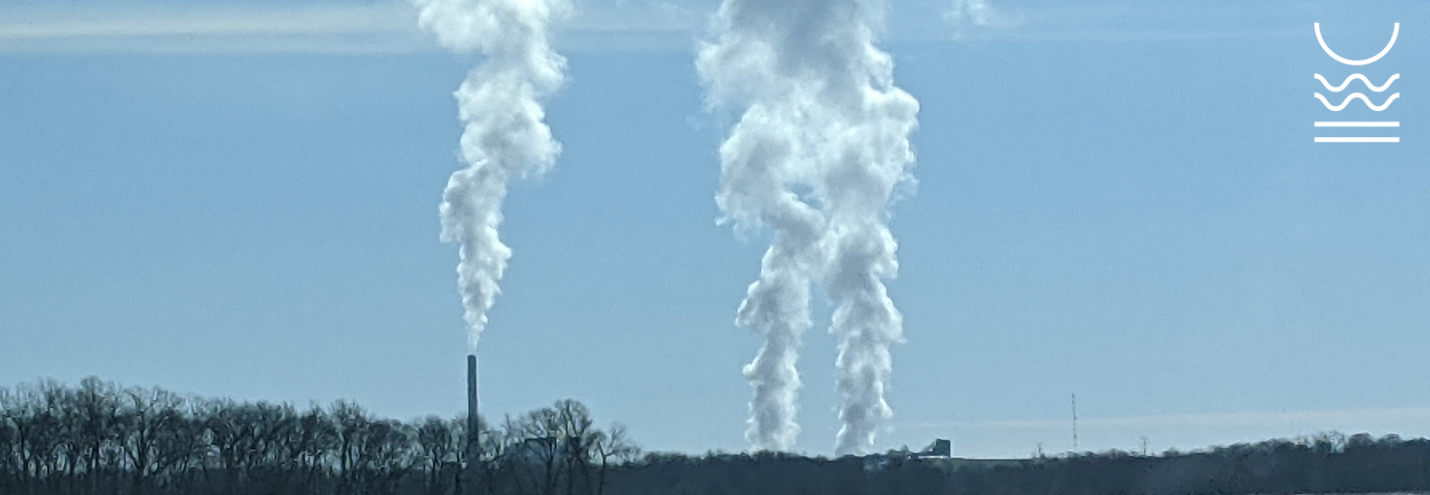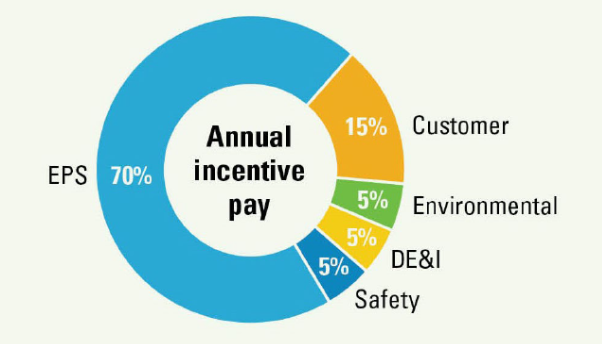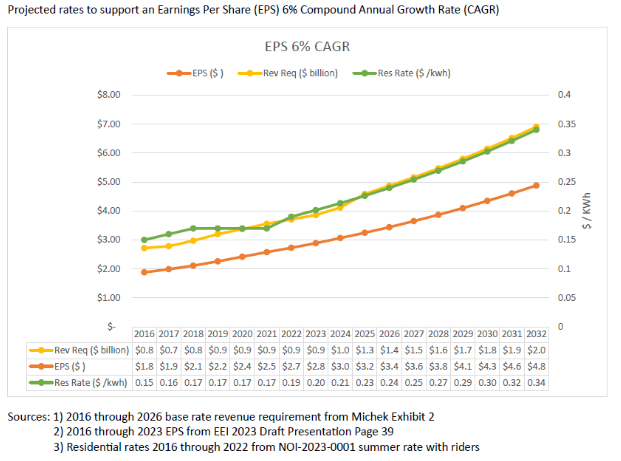Protecting our Future and our Finances

posted
on Wednesday, July 31, 2024
Alliant Energy’s Iowa affiliate, Interstate Power & Light, proposed a rate increase last October of $284 million per year. IEC intervened in the case early this year and partnered with the Environmental Law & Policy Center and Sierra Club to argue for better planning to transition to clean energy, as well as better protections for customers. The Iowa Utilities Commission held a hearing on the case spanning three days earlier this month.
Less than two weeks before the hearing, Alliant reached a proposed settlement with the Office of Consumer Advocate (a division of the Iowa Department of Justice) and the Iowa Business Energy coalition. IEC and our partners opposed the settlement for not providing enough customer protections and not addressing Alliant’s coal plants.
Rates are high, and going up
Alliant already has high rates compared to other utilities in Iowa, and the requested rate increase would exacerbate that. We argued that the big increase Alliant proposed is driven more by shareholder interests than customer interests. IEC’s Steve Guyer revealed in testimony that pay for Alliant executives is based more on earnings than on customer needs.

He also showed that Alliant has been telling investors it will keep paying out 6 percent more earnings every year. With a flat customer base, growth in earnings requires growth in the payments required from customers.

The settlement allows a rate increase of $185 million per year, or about $100 million less than requested. It also imposes a five-year moratorium on a new rate case, although Alliant can still seek pre-approval to spend money on new electricity generation.
Coal Persists
Alliant has a goal to retire its coal plants by 2040, which Alliant’s CEO classified in the hearing as “an aspirational goal.” IEC and our partners pointed out that the company’s resource plans should reflect that goal. The settlement includes a proposal for planning for the future, but it does not require the elements of comprehensive planning recommended last year – the type of planning that is standard practice for utilities in other states. We recommended that the Utilities Commission strengthen the planning process to increase transparency, account for energy efficiency, use the best information for inputs, and model compliance with environmental regulations. Those are all needed to ensure that the modeling is worth relying on, as our expert witness testified.
.jpg)
More immediately, Alliant did not provide information about the coal plants it co-owns with MidAmerican Energy and other utilities. The Utilities Commission has held in prior cases that a rate case is the time to review the coal plants – but that’s hard to do when the utility doesn’t provide information. We have shown again and again that the coal plants are costing customers money, contributing to the higher rates we all pay.
Growing Spending on the Distribution System
Alliant has also proposed to spend more on its distribution system – the poles and wires that connect to homes and businesses. Alliant’s spending has increased quickly and would continue to grow under the settlement. While a strong electricity grid is essential, Alliant has an incentive to spend more because utility companies get to pass on their costs of building plus charge a profit. There is little to no risk for the utility and customers are stuck paying for it all. We pointed out that there are other ways to maintain reliability while saving customers money. New technologies can reduce power losses, streamline operations, and minimize outages, but Alliant does not have a comprehensive plan to take those steps. Our expert on the grid showed that these alternatives would be a better investment.
We asked the Commission to require a better planning process for the distribution system investments, which would ensure Alliant is spending money on cost-effective upgrades, not just those that are best for the earnings per share.
Ultimately, IEC, ELPC, and Sierra Club asked the Utilities Commission to provide stronger oversight of Alliant’s spending, and to hold Alliant accountable for the money it does spend. We expect the commission will issue an order in late September.
- alliant energy
- carbon pollution
- clean energy
- coal
- iowa utilities board
- transmission